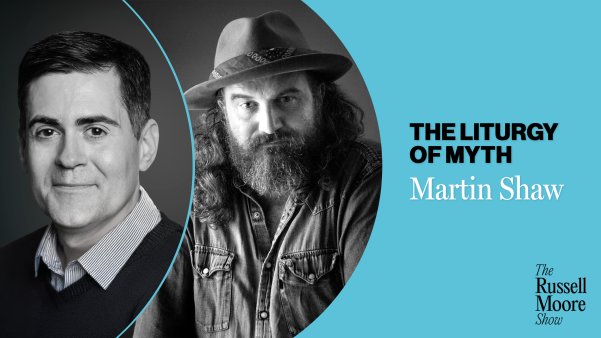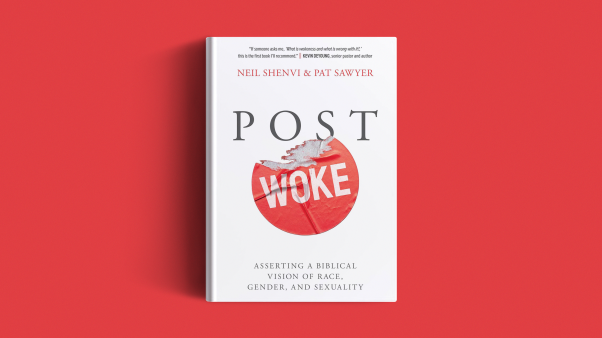How can churches know if they are being effective at making disciples?
Many churches are measuring the wrong things. We measure things like attendance and giving, but we should be looking at more fundamental things like anger, contempt, honesty, and the degree to which people are under the thumb of their lusts. Those things can be counted, but not as easily as offerings.
Why don’t more churches gauge these qualities among their people?
First of all, many leaders don’t want to measure these qualities because what they usually discover is not worth bragging about. We’d rather focus on institutional measures of success. Secondly, we must have people who are willing to be assessed in these ways. And finally, we need the right tools to measure spiritual formation. There are some good tools available like Randy Frazee’s Christian Life Profile and Monvee.com, which John Ortberg likes.
In the past people grew through relationships with spiritual mentors and by engaging the church community. Is there a danger that these individual assessment tools will remove the role of community in formation?
Any of these devices must be used in a community setting. Assessment tools that work best are a combination of self-assessment and the assessment of a significant other who knows you well. They don’t work with people who don’t want to be assessed, and they should not be administered like individual personality tests that some employers use.
If you have a group of people come together around a vision for real discipleship, people who are committed to grow, committed to change, committed to learn, then a spiritual assessment tool can work. But there must be a deep fellowship of trust to support that work. I don’t think any group should go into an assessment without that. I wouldn’t advise a pastor to use one of these tools on his or her congregation without first establishing a clear commitment to discipleship. You can’t take your average congregation and just lay one of these assessments on them.
Are you ever discouraged by how few churches have that kind of clear commitment to discipleship?
I am not discouraged because I believe that Christ is in charge of his church, with all of its warts, and moles, and hairs. He knows what he is doing and he is marching on.
But I do grieve for the people within the church who are suffering—especially the pastors and their families. They are suffering because much of North America and Europe has bought into a version of Christianity that does not include life in the kingdom of God as a disciple of Jesus Christ. They are trying to work a system that doesn’t work. Without transformation within the church, pastors are the ones who get beat up. That is why there is a constant flood of them out of the pastorate. But they are not the only ones. New people are entering the church, but a lot are also leaving. Disappointed Christians fill the landscape because we’ve not taken discipleship seriously.
What can pastors do to change this dynamic?
Change their definition of success. They need to have a vision of success rooted in spiritual terms, determined by the vitality of a pastor’s own spiritual life and his capacity to pass that on to others.
When pastors don’t have rich spiritual lives with Christ, they become victimized by other models of success—models conveyed to them by their training, by their experience in the church, or just by our culture. They begin to think their job is managing a set of ministry activities and success is about getting more people to engage those activities. Pastors, and those they lead, need to be set free from that belief.
Dallas Willard is a professor of philosophy at the University of Southern California and the author of The Great Omission: Reclaiming Jesus’ Essential Teachings on Discipleship.
Copyright © 2010 by the author or Christianity Today/Leadership Journal.Click here for reprint information on Leadership Journal.









